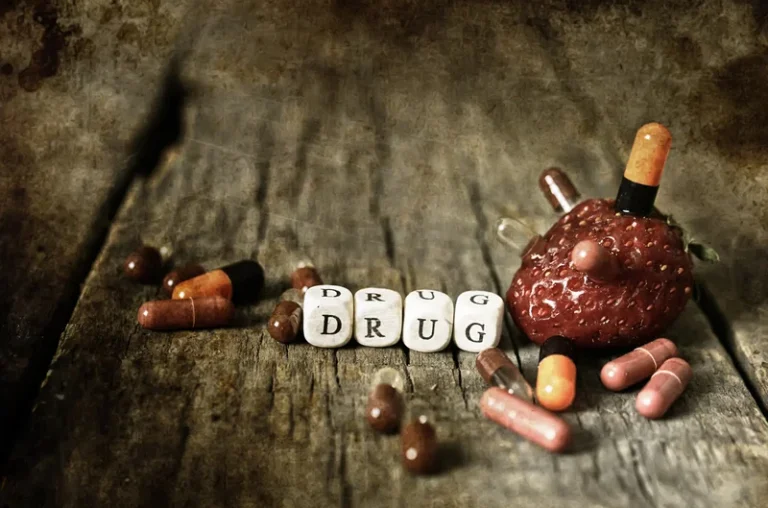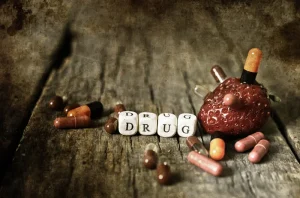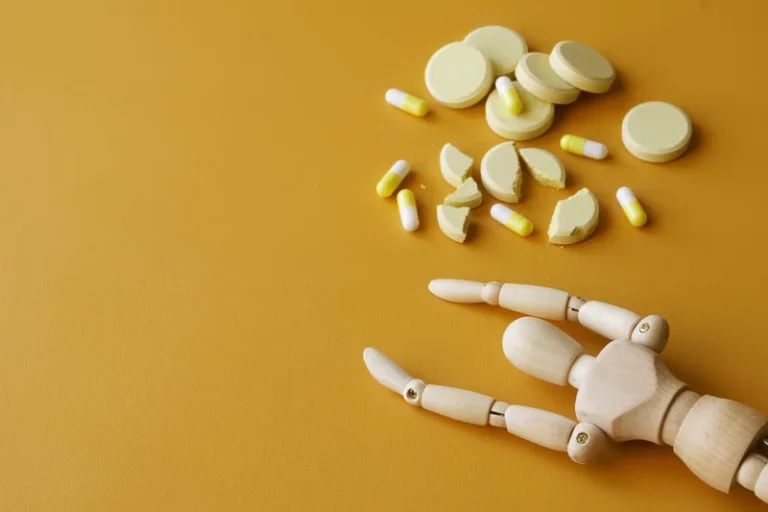
It’s probable that a cocktail such as a vodka and soda is less dehydrating than a straight shot of vodka. Consuming alcohol leads to dehydration and can affect several systems and functions in the body. It is important for a person to be aware of the signs and symptoms of alcohol-induced dehydration and the ways to avoid it. To stay hydrated, a person needs to take steps before, during, and after alcohol consumption.

もくじ
Don’t drink on an empty stomach
Drinking water while you’re still drunk isn’t going to prevent you from becoming dehydrated, but it may help lessen the degree to which you’re dehydrated. One glass of liquor drunk slowly over the course of an evening will be less dehydrating than having several beers or glasses of wine during the same time frame. Alcohol works as a diuretic largely because it suppresses the release of a hormone called vasopressin, which is also known as antidiuretic hormone. With less vasopressin in your system, the body excretes more water, which in turn causes you to pee more (2). Alcohol dehydration occurs because alcohol causes you to lose too much fluid from your body.

Why Do Celebs – Such as Tom Holland, John Mayer and Cara Delevingne – Choose to Quit Drinking?
Interestingly, a review of 49 studies even reported that caffeinated energy drinks, wine, and spirits can all significantly increase urine production (14). But how does alcohol actually cause those unpleasant symptoms? Alcohol — despite being a fluid — inhibits the release of vasopressin, an anti-diuretic hormone that rushes to our defense when our concentration of electrolytes rise above a certain level. “If you are looking to find a drink that is less dehydrating, try choosing ones that you would enjoy over a longer period of time,” Richardson says. Sipping on one whisky all evening will likely mean you ingest less alcohol overall than three or four standard glasses of wine. Diluting a vodka with soda will also mean it’s more hydrating overall, though it’ll still have diuretic effects.
Do some types of alcohol dehydrate you more than others?
- Mixed drinks may contain soda, juice, or other sugar-sweetened beverages as well.
- No matter what you choose to drink, drinking slowly and savoring your drink is a good way to moderate your total alcohol consumption and minimize alcohol’s dehydrating effects.
- Acetate and other waste products are then removed from the body as carbon dioxide and water, primarily through lungs.
- When you don’t adequately replace this excess loss of fluids, you become dehydrated.
- It suppresses the action of vasopressin—a hormone that helps regulate the fluid balance in your body.
- Beer and wines, meanwhile, tend to have lower alcohol content, though fortified wines like sherry and Madeira pack a kick at above 14.5% alcohol.
In addition, certain types of energy drinks contain other ingredients that could contribute to dehydration. Still, enjoying these drinks in moderation and is vodka dehydrating pairing them with other beverages in your diet, such as water, is unlikely to cause dehydration. When you have food in your stomach, alcohol is absorbed more slowly into your system. It’s best to drink while eating or just after, and to snack as you continue to drink.

Consuming alcohol carries other health risks besides dehydration. These risks change depending on how much alcohol a person consumes and how often. These are substances that promote urine production, or diuresis.
- A bottle of whiskey on the mountain after a full day of skiing and snowboarding sounds like a dream.
- This means that it increases urine production, leading to a loss of fluids and electrolytes in the body.
- This also means drinking alcohol on an empty stomach can lead to a higher blood alcohol content (BAC).
- Alcohol consumption has been linked to increased risk of chronic diseases such as cancer and heart disease.
- What’s perhaps more surprising, though, is that scientists have known that alcohol does not cause dehydration since as early as 1942.
This happens when a person loses more fluids than they take in. One large study found excessive alcohol consumption is linked to accelerated facial aging. Turns out, some alcohols — and more accurately, how you drink them — can be less dehydrating that other booze-filled beverages. The key to making sure a night out doesn’t turn into a head-pounding hangover is to drink plenty of water throughout, Mieses Malchuk says. That will increase your ability to reabsorb water, and leave you more likely to wake up feeling sparkling and ready to face the day — or at least less inclined to put a pillow over your head.
Therefore, drinking on an empty stomach can contribute to dehydration. Dehydration means when the body does not have enough amounts of liquid or fluid in the body to function properly and effectively. This can cause symptoms like dizziness, headache, and fatigue.
- One of the most common factors is drinking alcohol on an empty stomach.
- Drink plenty of plain water, an electrolyte drink or sports drink, and eat water-rich, easily digestible foods.
- It is believed that alcohol dehydrates the body, especially when an individual consumes it in large quantities or over capacity.
- In severe cases of dehydration, drinking water alone may be insufficient.
- You can also pair the listed drinks with plenty of water throughout the day to help you stay hydrated.
- “ADH helps your kidneys hold onto water. The less ADH, the more you urinate. The more you urinate, the more dehydrated you become.”
- If you have mild dehydration symptoms (e.g., thirst, dry mouth, dark yellow urine, headache), simply drinking an ample amount of plain water will likely sufficiently restore your fluid balance.
- Research published in Circulation found that potassium mitigates the adverse effects of alcohol on cardiovascular function and reduces the risk of high blood pressure.
- Alcohol dehydration cures abound, but before you trust old wives’ tales or the hair of the dog, read on.
- If you’re drinking at altitude, you should probably start out with less alcohol than usual.
Drinking more than a moderate amount of vodka in a short period can increase the risk of dehydration. Moderation is typically considered to be one standard drink per hour for men and up to two standard drinks per hour for women. You can also pair the listed drinks with plenty of water throughout the day to help you stay hydrated.

If you’re looking for a hydrating beverage, alcohol won’t make the grade. Alcohol functions as a diuretic, meaning it makes you urinate more, leaving less fluid in your blood and potentially leading to dehydration. Drinking alcohol decreases the amount of vasopressin (an anti-diuretic hormone that helps the kidneys hold onto water) made in the body.

























